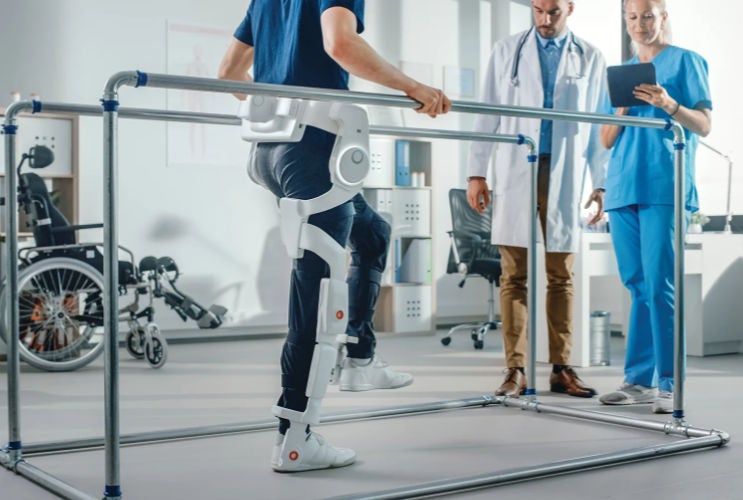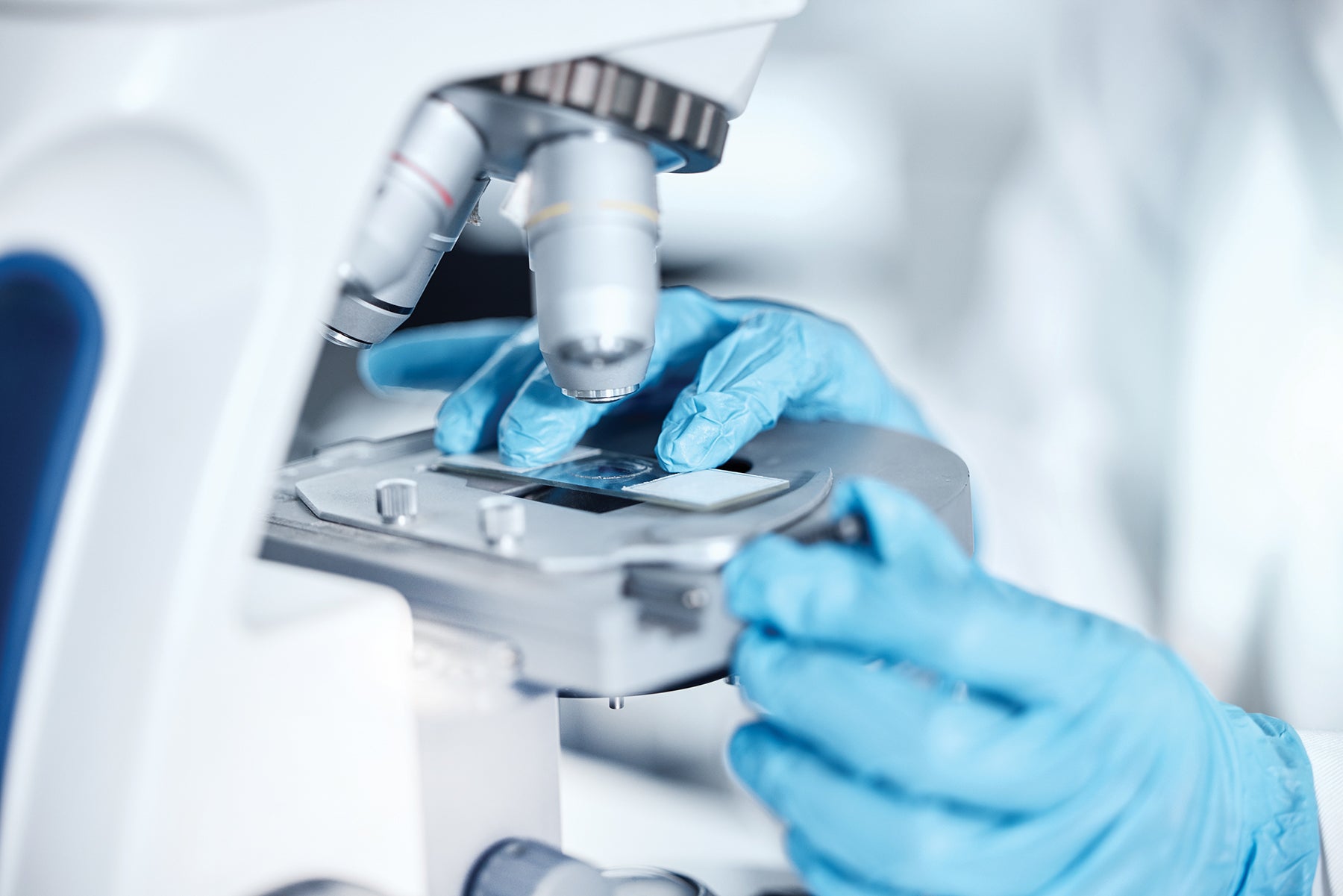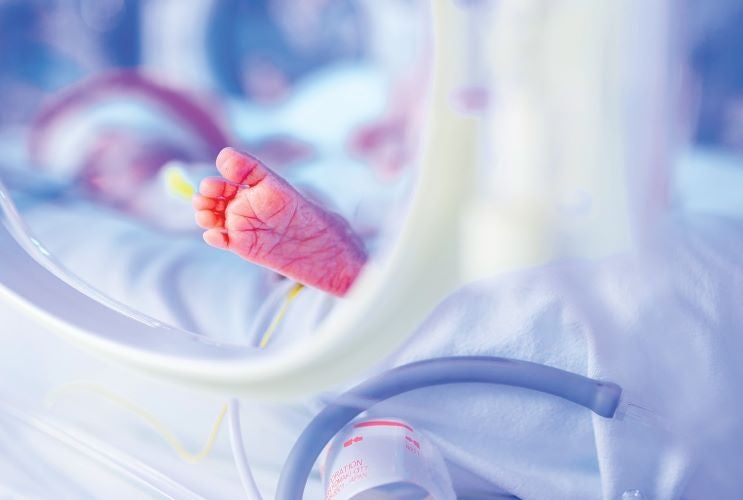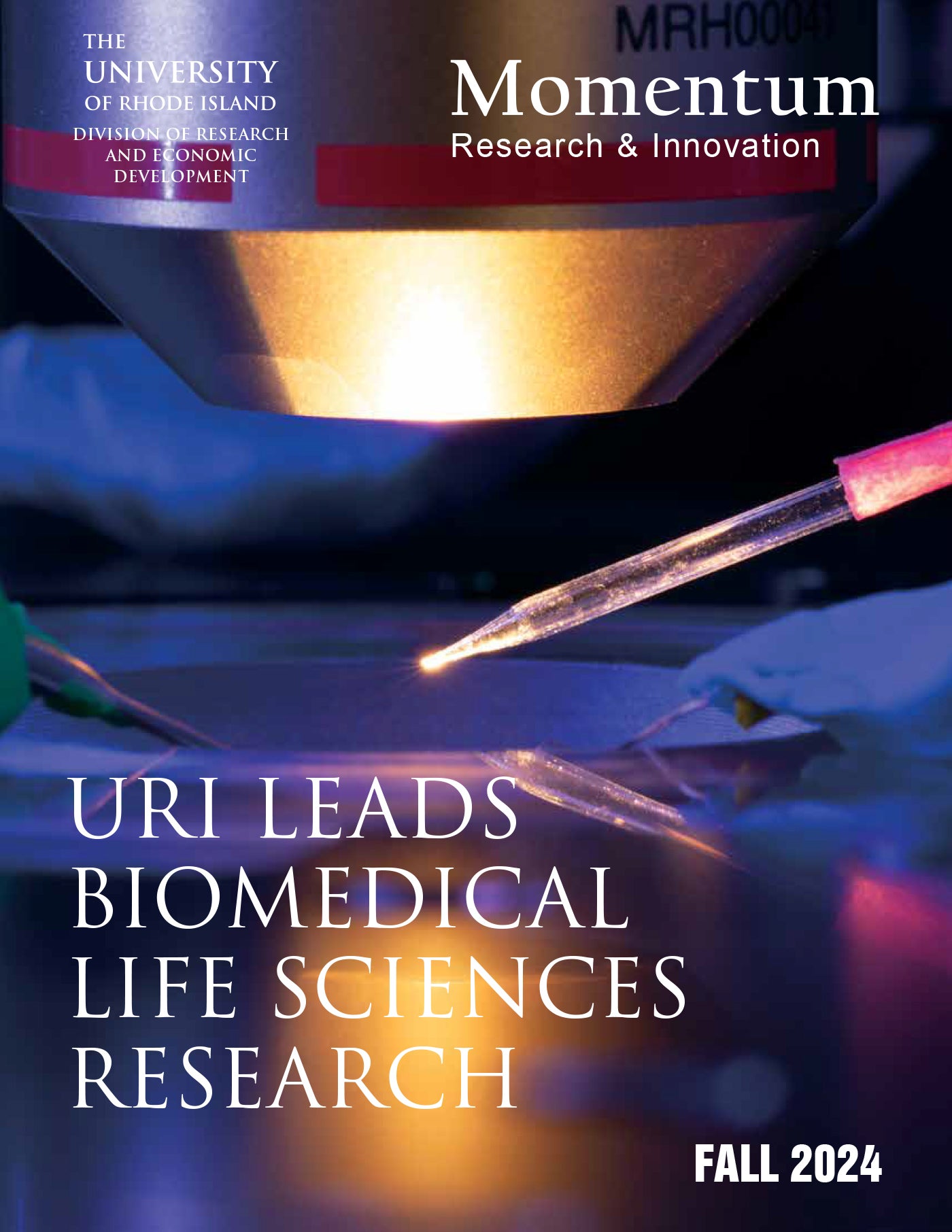Motion: On
Motion: Off
Contrast: Standard
Contrast: High
Apply site-wide
Featured Stories
Motion: On
Motion: Off
Contrast: Standard
Contrast: High
Apply site-wide
More Momentum
 Message from the Vice President for Research and Economic Development
Message from the Vice President for Research and Economic Development Empowering People with Parkinson’s Disease
Empowering People with Parkinson’s Disease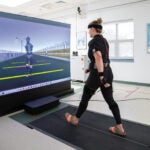 Research in Motion
Research in Motion URI Nursing Researchers Track Long-Term Impact of Preterm Birth
URI Nursing Researchers Track Long-Term Impact of Preterm Birth URI’s ESTEEMED Program: Paving the Way for New Undergraduate Research Opportunities
URI’s ESTEEMED Program: Paving the Way for New Undergraduate Research Opportunities Interdisciplinary Neuroscience Program – Elian Gonzalez Sanchez
Interdisciplinary Neuroscience Program – Elian Gonzalez Sanchez Interdisciplinary Neuroscience Program – Sydney Bartman
Interdisciplinary Neuroscience Program – Sydney Bartman Environmental Exposure and Reprogramming the Brain Leading to Alzheimer’s Disease
Environmental Exposure and Reprogramming the Brain Leading to Alzheimer’s Disease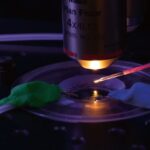 Growing the Biomedical Sciences Ecosystem in Rhode Island
Growing the Biomedical Sciences Ecosystem in Rhode Island Proposed Biomedical Sciences Building
Proposed Biomedical Sciences Building A New Fine Arts Ushers in a New Era of Creativity
A New Fine Arts Ushers in a New Era of Creativity In Dedication to Thomas J. Rockett, Ph.D.
In Dedication to Thomas J. Rockett, Ph.D.

